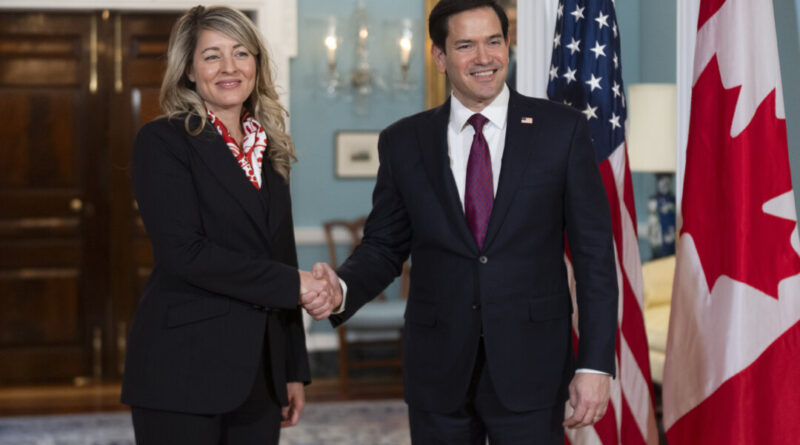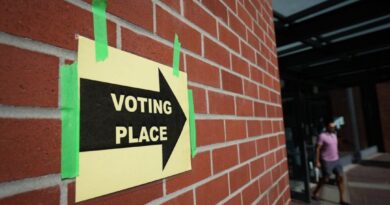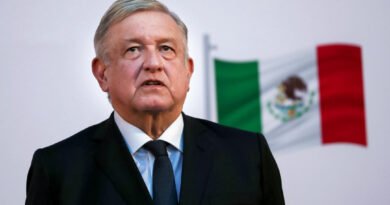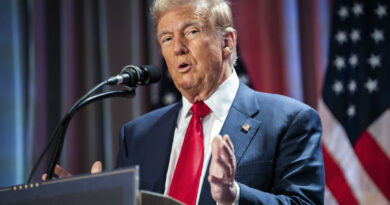Minister Joly: Trump Holds the Key to Tariffs Following Rubio Meeting
Canadian officials are working diligently in Washington to avoid U.S. tariffs, but they are still uncertain about U.S. President Donald Trump’s plans, according to Foreign Affairs Minister Mélanie Joly after her meeting with U.S. Secretary of State Marco Rubio.
Joly met with Rubio for the first time in his new role on Jan. 29. Although she mentioned that her arguments explaining the consequences for both countries if tariffs are imposed are making an impact, Joly stated that she lacks insight into the U.S. administration’s intentions.
“Am I able to predict President Trump’s decisions? No, definitely not,” she stated, referring to Trump as the ultimate decision-maker.
Joly discussed Canada’s border plan, the potential impacts of tariffs, and Ottawa’s readiness to retaliate with Rubio. They also talked about various geopolitical issues, such as Ukraine, the Middle East, the Arctic, and China.
Tariffs Intended for ‘Action’
Trump had initiated the review through a memorandum on his first day in office on Jan. 20. In his initial tariff threat back in late November 2024, Trump had announced the imposition of broad tariffs on his first day.
In response to the threat, Ottawa prepared a $1.3 billion border plan, which includes deploying two newly-acquired Black Hawk helicopters for border patrol, along with additional surveillance equipment and detector dog teams.
Lutnick praised Canada’s swift actions regarding the border plan, stating that if executed properly, there would be no tariffs.
Joly considered Lutnick’s remarks as favorable and mentioned that each time she presents the border plan and related statistics on illegal immigration and fentanyl to U.S. officials, it resonates positively.
CBP had also intercepted more individuals on a terrorist watchlist crossing from Canada into the United States (358) compared to those crossing from Mexico (52) in fiscal year 2024.
Matthew Horwood contributed to this report.





